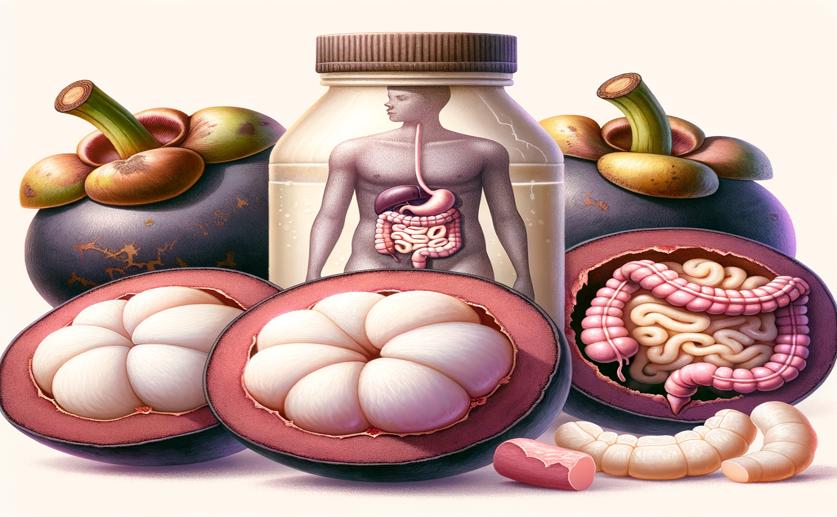
Mangosteen Extracts: Benefits for Gut Health and Use in Fermented Milk Products
Jenn Hoskins
27th July, 2024

Image Source: Natural Science News, 2024
Key Findings
- The study explored the health benefits of mangosteen extracts (ME) on various probiotic strains
- ME concentrations higher than 10-20% inhibited all probiotic strains, but 5% ME increased antioxidant capacity
- Fermented milk products with 5% ME showed higher polyphenol content and antioxidant capacity, and were well-received in sensory evaluations
References
Main Study
1) Mangosteen extracts: Effects on intestinal bacteria, and application to functional fermented milk products.
Published 26th July, 2024
https://doi.org/10.1016/j.foodres.2024.114720
Related Studies
2) Insights into the Chemical Composition and In Vitro Bioactive Properties of Mangosteen (Garcinia mangostana L.) Pericarp.
3) Antioxidant properties of potentially probiotic bacteria: in vitro and in vivo activities.
4) Antioxidant activity of various oral Lactobacillus strains.
5) The ferric reducing ability of plasma (FRAP) as a measure of "antioxidant power": the FRAP assay.
Journal: Analytical biochemistry, Issue: Vol 239, Issue 1, Jul 1996



 16th June, 2024 | Jenn Hoskins
16th June, 2024 | Jenn Hoskins